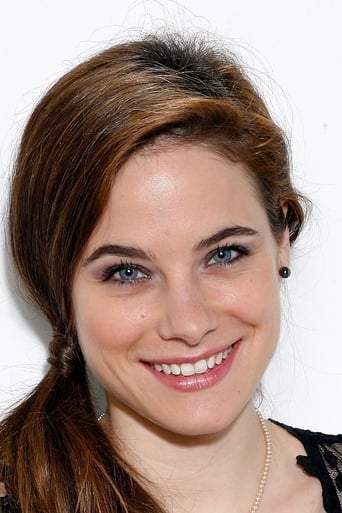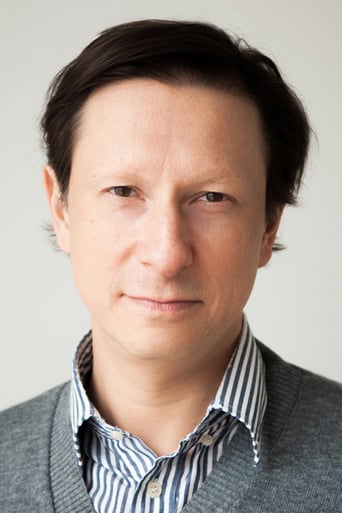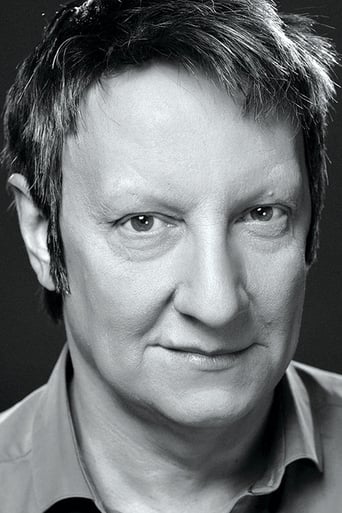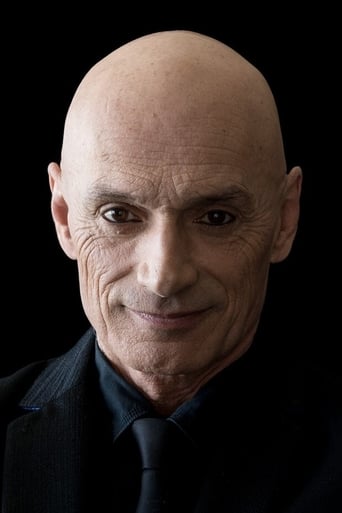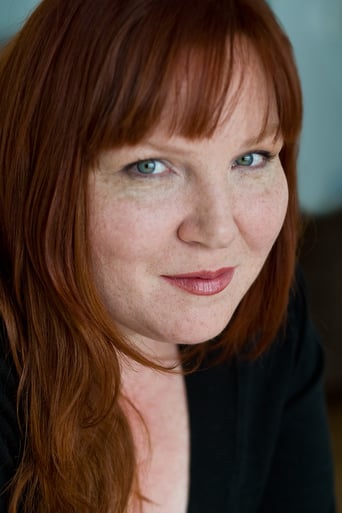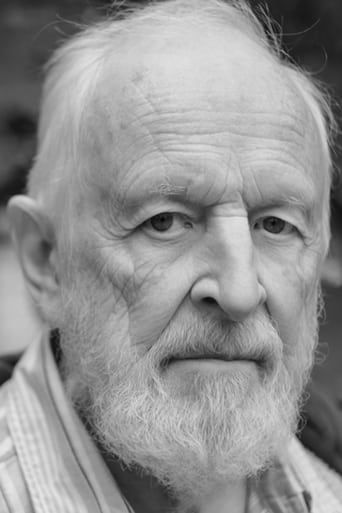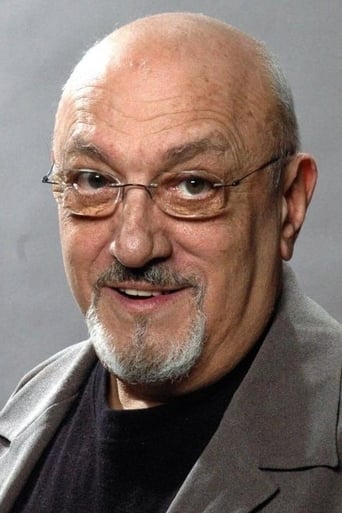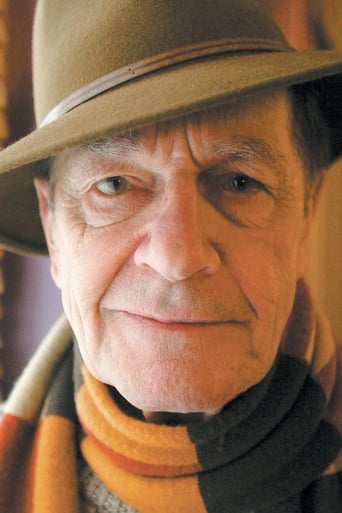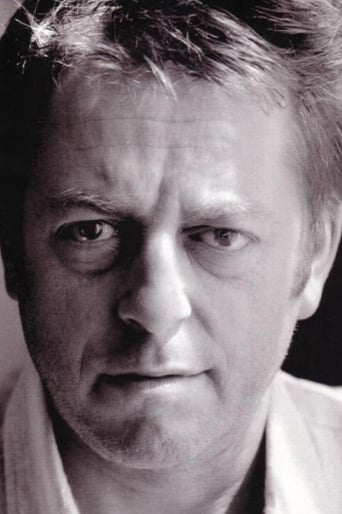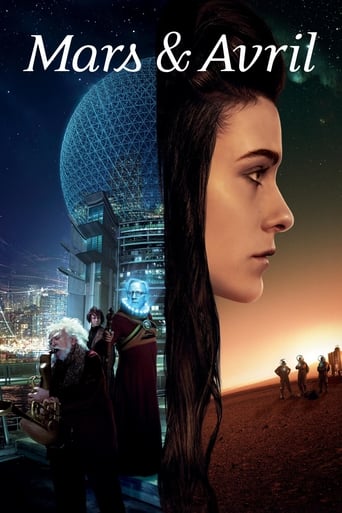
Trailer
Synopsis
Cast
In the near future, as humanity prepares to set foot on Mars, Jacob Obus, an elderly musician, takes pride in slowing down time by playing instruments inspired by women's bodies, designed by his friend Arthur. A love triangle develops when Jacob and Arthur both fall in love with Avril, a young photographer. Enter Eugène Spaak, Arthur's father, an inventor and cosmologist who unveils a new theory about man's desire to reach Mars and helps Jacob find the true meaning of life and love.
You May Also Like
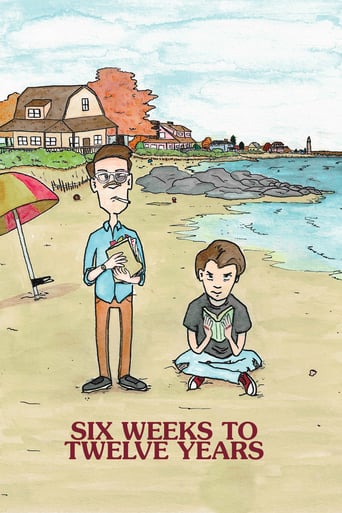
Six Weeks to Twelve Years
After the death of their abusive father, two estranged twin brothers must reunite and sell off his property.
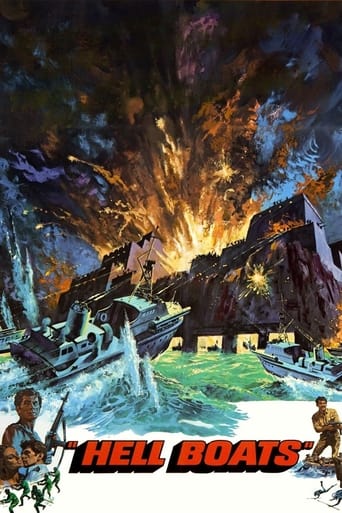
Hell Boats
A war drama of motor torpedo boats which did much unsung work in WW2, but the naval battles merely provide an exciting story in which an even more special romantic drama is wrapped up.

Jennifer Lopez: Let's Get Loud
"Let's Get Loud" was Jennifer Lopez's NBC Special, which premiered on November 20, 2002 and was recorded over 2 nights in Puerto Rico in the fall of 2001. It was Jennifer's first-ever headlining concert appearance, showing off her talents as a vocalist and dancer. The performance features a variety of Spanish and English songs, including: "Love Don't Cost A Thing", "If You Had My Love", "I'm Real", "Plenarriqueña", and many more.
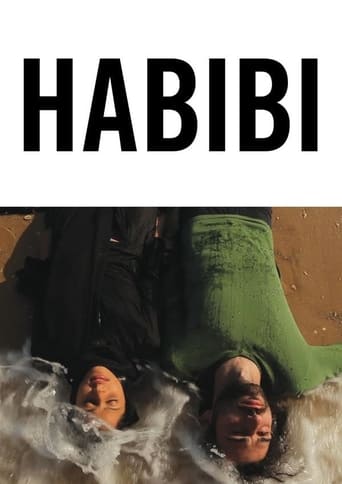
Habibi
Young lovers Qays and Layla are university students in the West Bank who hail from Khan Yunis in Gaza. He is pursuing a degree in literature and she in engineering, but they are forced to return home before completing their courses. In the more religious and traditional environment of Khan Yunis, their love story can continue only by marrying. Yet Qays, who is a construction worker living in a refugee camp, is too poor to convince Layla’s father that he can provide for his beloved daughter. As the couple struggles to be together, Qays paints verses from the classical poem Majnun Layla all over Khan Yunis, a rebellious act that angers Layla’s father and the local self-appointed moral police.
Top Streaming Movies
#1

Ghostbusters: Afterlife
November. 19,2021
7.1
#2
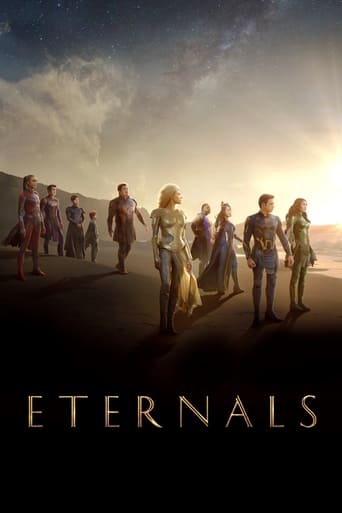
Eternals
November. 03,2021
7.1
#3

Resident Evil: Welcome to Raccoon City
November. 24,2021
5.2
#4
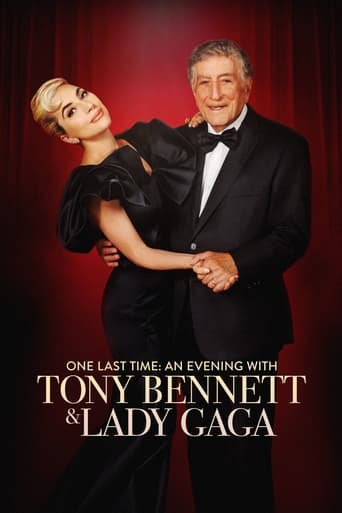
One Last Time: An Evening with Tony Bennett and Lady Gaga
November. 28,2021
8.3
#5
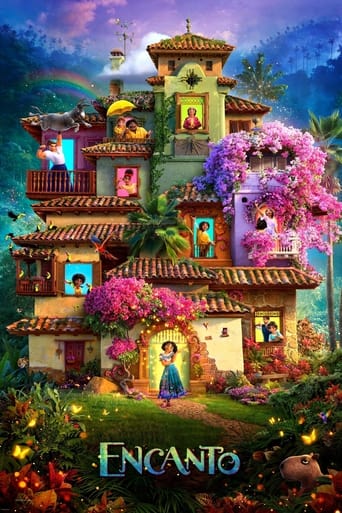
Encanto
November. 24,2021
7.2
#6

Shang-Chi and the Legend of the Ten Rings
September. 03,2021
7.4
#7

Dune
October. 22,2021
8
#8

No Time to Die
October. 08,2021
7.3
#9

Venom: Let There Be Carnage
September. 30,2021
5.9
#10

House of Gucci
November. 24,2021
6.6

